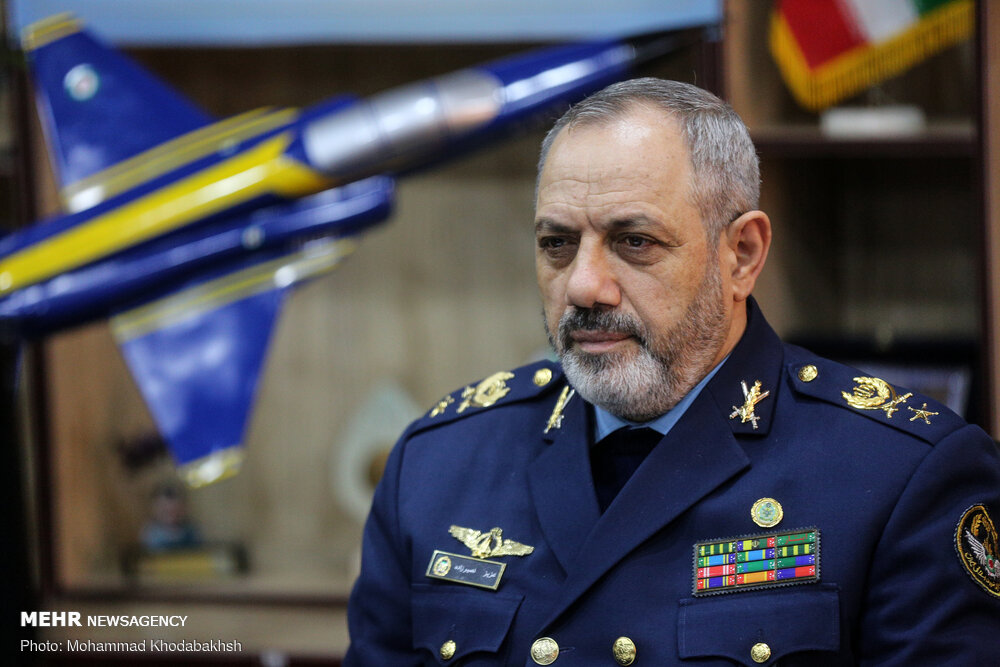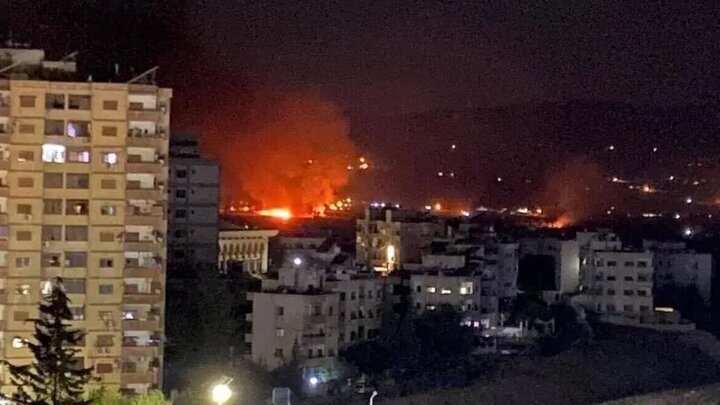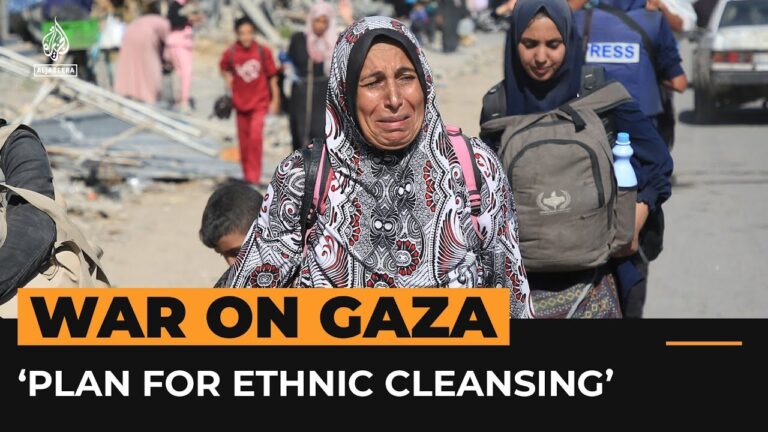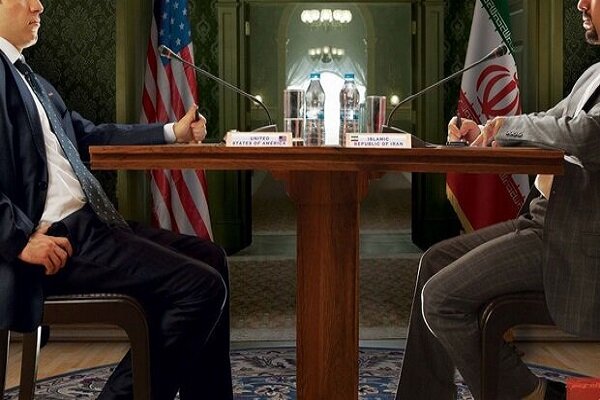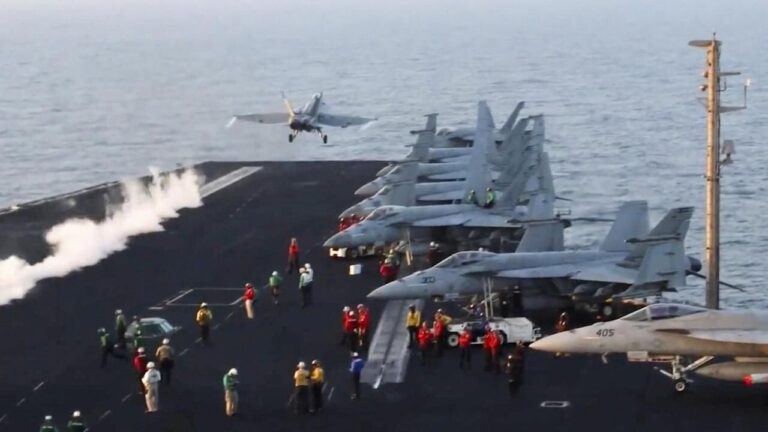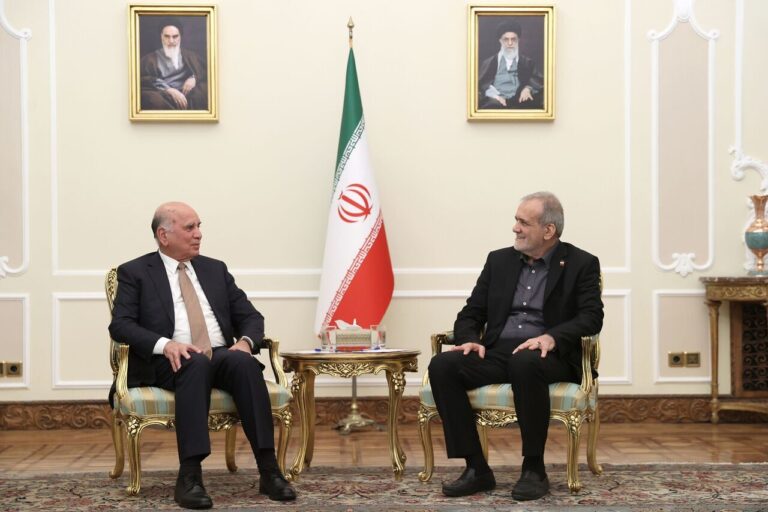Iran’s Tough Retaliation Looms After Provocative Enemy Rudeness
In a recent address during the celebratory parades for the 46th anniversary of the Islamic Revolution in Tehran, Iran’s defense minister emphasized the unwavering commitment of the Iranian Armed Forces to safeguard the nation against any potential threats. The statements made during this event highlight the persistent tension between Iran and the United States, particularly concerning military threats.
General Nasirzadeh, speaking to reporters on the sidelines of the event, asserted the readiness of the Iranian military, stating, “Such threats are not anything new. If the enemy shows any rudeness, we will respond in the harshest possible manner.” This declaration underscores Iran’s determination to protect its sovereignty and respond firmly to any perceived aggression.
The discussion also touched on Iran’s missile capabilities, addressing inquiries about possible plans to extend the range of its missiles beyond 2,000 kilometers. The defense minister firmly stated, “We would do anything necessary to ensure the security of the Islamic Republic of Iran.” This comment reflects Iran’s ongoing focus on enhancing its defense capabilities in the face of external pressures.
- Iran’s Defense Readiness: The Iranian Armed Forces are prepared to counter any threats that may arise.
- Response to Aggression: General Nasirzadeh highlighted that any rudeness from enemies would be met with a strong response.
- Missile Range Expansion: Plans to enhance missile capabilities are under consideration to bolster national security.
These comments come at a time when tensions between Iran and the US have escalated, particularly concerning military posturing in the region. The Iranian leadership has consistently emphasized the importance of maintaining a robust defense strategy to deter potential aggressors.
Furthermore, the defense minister’s remarks signify the broader geopolitical landscape in which Iran operates, characterized by a history of conflict and mistrust with Western nations. The emphasis on military readiness and missile development serves not only as a deterrent but also as a message to both domestic and international audiences about Iran’s commitment to its national interests.
The anniversary celebrations themselves served as a platform for the Iranian government to showcase its military might and reinforce national unity. By projecting strength and readiness, Iran aims to consolidate support among its citizens and demonstrate resilience in the face of external threats.
In summary, the Iranian defense minister’s statements during the anniversary celebration reflect a steadfast approach to national security, emphasizing preparedness and the willingness to respond decisively to any threats. As the geopolitical landscape continues to evolve, Iran remains vigilant in protecting its sovereignty and interests.
Key takeaways from the recent statements include:
- Vigilance Against Threats: Iran is committed to maintaining a strong defense posture.
- Militarization and Deterrence: The focus on missile range expansion indicates a strategy aimed at deterrence.
- Response Strategy: Iran’s leadership is prepared to respond strongly to any aggression.
The dynamics of military readiness and geopolitical strategies are crucial for understanding Iran’s position in the region. As discussions around military capabilities and foreign relations continue, the implications of such statements will be closely monitored by analysts and policymakers alike.
In conclusion, the ongoing commitment of the Iranian Armed Forces to national security, coupled with the clear warnings issued by General Nasirzadeh, signifies a robust stance against external pressures. The developments in Iran’s military strategy and readiness will undoubtedly play a pivotal role in shaping the future of regional security and diplomatic relations.
